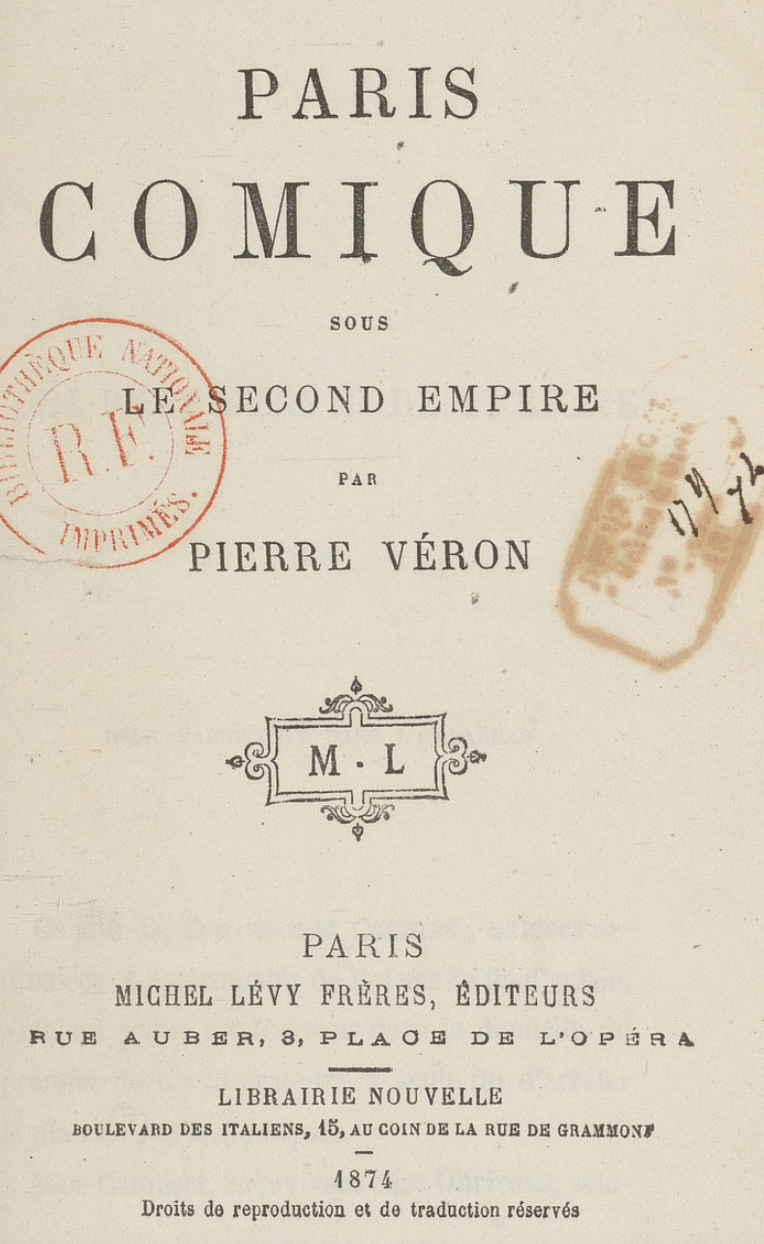Thai PM Paetongtarn Shinawatra Faces Growing Resignation Demands Amid Cambodia Controversy

BANGKOK: Thai Prime Minister Paetongtarn Shinawatra is under increasing pressure to resign following a leaked phone conversation with former Cambodian Prime Minister Hun Sen, which has ignited widespread outrage and resulted in the withdrawal of a key coalition partner. The incident, which occurred on June 15, has left the Pheu Thai party-led coalition government teetering on the brink of collapse.
Contextually, this political upheaval comes as Thailand grapples with economic challenges exacerbated by external pressures such as U.S. trade tariffs and internal tensions stemming from a long-standing political rivalry. The Bhumjaithai Party, a significant player in the coalition with 69 members in parliament, announced its withdrawal, citing damage to national sovereignty and the dignity of the Thai military as key reasons for their decision.
In a statement released on June 18, the Bhumjaithai Party asserted, "The phone call has undermined the sovereignty and well-being of the country and the Thai Army," calling for Paetongtarn to take responsibility for her actions. The coalition government, which has only a slim majority, now risks falling apart, with a snap election becoming increasingly likely.
Paetongtarn's conversation with Hun Sen revealed her concerns over the backlash from a border standoff with Cambodia, during which clashes had already resulted in the death of a Cambodian soldier. In the call, she referred to Hun Sen as "uncle" and urged him not to heed the opinions of opposing voices in Thailand, including a Thai general overseeing military operations in the border area. This remark has drawn severe criticism online, particularly from those affiliated with the Royal Thai Army and the Pheu Thai Party itself.
The political landscape in Thailand is fraught with sensitivity towards the military, which has historically played a powerful role in governance. The fallout from this incident raises fears of a potential military coup, reminiscent of the country's turbulent political history which has seen numerous military interventions since the end of absolute monarchy in 1932.
Michael Montesano, an associate senior fellow at the ISEAS-Yusof Ishak Institute, noted that the current crisis is indicative of the ongoing struggle between the pro-royal establishment and the political movement led by Paetongtarn's family. He stated, "The focus should be on whether the coalition's remaining partners can withstand pressure from the public, the military, and the palace."
The Pheu Thai Party, under Paetongtarn's leadership, came to power in August 2024, forming a coalition with conservative pro-military parties. The party has already experienced the ousting of a predecessor prime minister, Srettha Thavisin, due to a court ruling, further complicating the current political dynamics.
The implications of Bhumjaithai's exit are profound, reducing the ruling coalition's parliamentary seats just above the critical threshold of 248 needed for a majority. As political tensions escalate, other coalition parties, including the United Thai Nation and the Democrat Party, are set to meet urgently to discuss the future of the government.
Calls for Paetongtarn’s resignation have also arisen from the Palang Pracharath Party, which governed prior to the current coalition. Their statement criticized her perceived weakness and inexperience in handling the nation’s security and diplomatic relations, labeling her leadership as detrimental to the country’s stability.
As Thailand navigates this precarious situation, the potential for a political reconfiguration or even a new election looms large. With the specter of military intervention hanging in the balance, the future of Paetongtarn's government remains uncertain. The public and political observers alike are keenly watching how this situation unfolds in the coming days, with the hope for a resolution that supports national unity and economic recovery.
Advertisement
Tags
Advertisement





